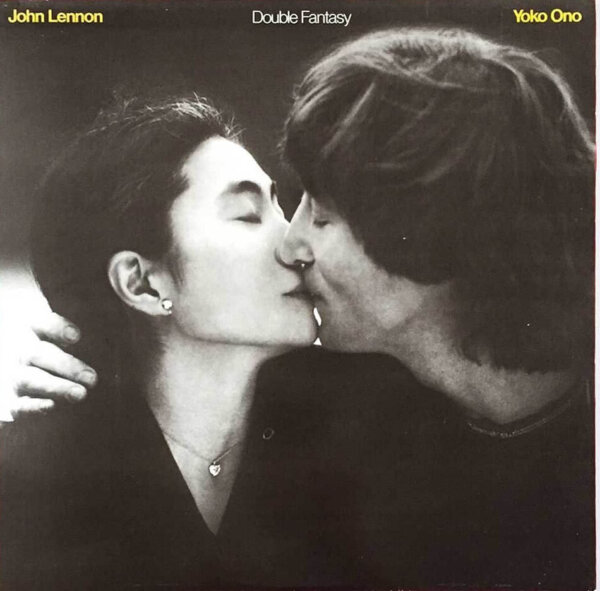Green – R.E.M. (1988)

Beginning to end, R.E.M.’s Green is arguably the band’s most accessible album. That’s probably why it’s my favorite. It was their debut with mega-record label Warner Brothers after being with indie label I.R.S. for years, and it seemed as if the band wanted to expand on the commercial success that “The One I Love” had created from their last album, Document.
The band announced their more mainstream sound with the title of the first track, “Pop Song ’89.” “Hello, how are you, I know you I knew you. I think I can remember your name” — clearly not the deepest lyrics, but lead singer Michael Stipe sang them to an immediately catchy melody. But in the next track, the equally upbeat “Get Up,” Stipe provided a contrast with a more sobering tone, lamenting that “sleep delays my life . . . dreams, they complicate my life” (with Mike Mills providing an opposing viewpoint in the background vocals, “Dreams they complement my life”).
The band really got bubblegum with “Stand,” a ridiculous song that Stipe and Co. meant to be tongue-in-cheek in a tribute to the Banana Splits and the Archies. “[The other band members] threw these super bubblegummy songs at me, and I said, ‘I’ll raise you and see you one.’ And I wrote the most inane lyrics that I could possibly write,” Stipe told MTV. It was the highest-charting song from the album, but it’s one of my least favorite tracks. Its simplicity makes it sound trite.
Fans of the hard, edgy sounds from Lifes Rich Pageant and Document weren’t disappointed. “Orange Crush,” a song about Vietnam veterans and Agent Orange, begins with a Peter Buck guitar riff and speedy drum cadence from Bill Berry. It’s followed by “Turn You Inside-Out,” a song that sounds like an unreleased track from Document; Its loud and raucous guitars contrast with the slow, plodding tempo.
What really set Green apart from previous R.E.M. albums, though, was that it was the band’s first album where the band used the mandolin as one of the main instruments. They also incorporated the cello, accordion and steel guitar into songs — also rare. Buck brought the mandolin center stage on “You Are the Everything,” a surprisingly personal song from Stipe that was sparse in its instrumentation. “I’m very scared of this world,” he admitted in a rare show of vulnerability.
It got even more sparse. The mandolin was one of the only instruments on “Hairshirt,” a song that I have already described as one of R.E.M.’s most beautiful songs. It wasn’t Buck playing the mandolin on this song, but Bill Berry, with everyone switching instruments — Buck on bass and Mills on organ. (There are no drums in this song.) “It’s a beautiful life,” Stipe sang, and you couldn’t argue with that after hearing this song.
Green was the start of a decidedly pop turn for R.E.M., whose next two albums, Out of Time and Automatic for the People, would continue to use Buck’s mandolin to launch the band into superstardom. As a result, Green tends to get overlooked. Just the way I like it — an undiscovered gem.


